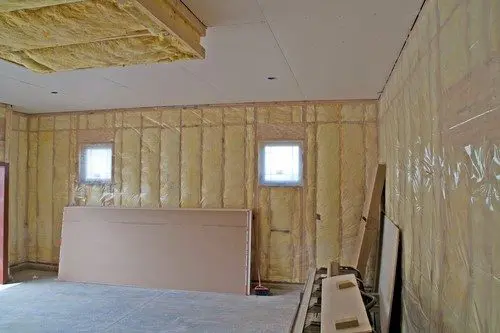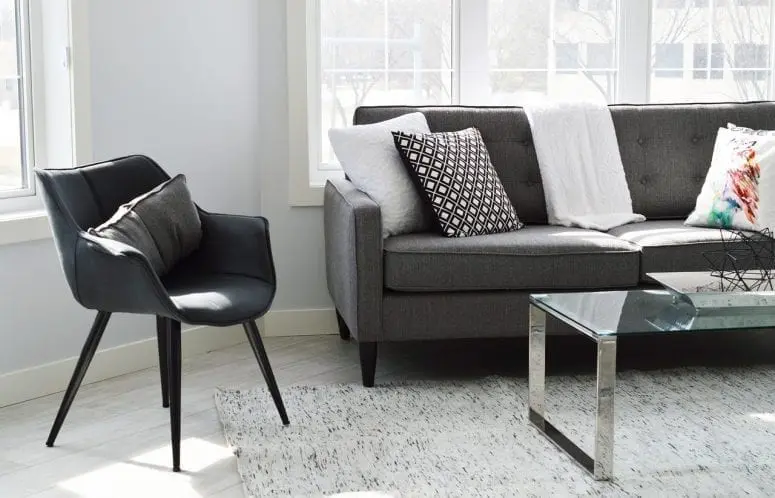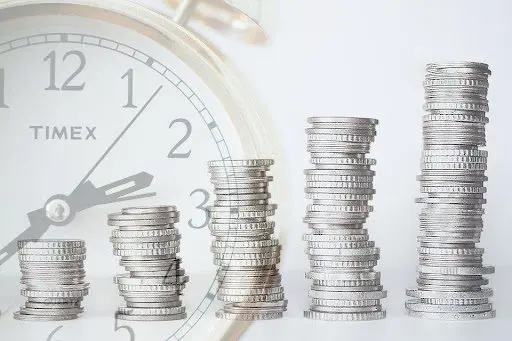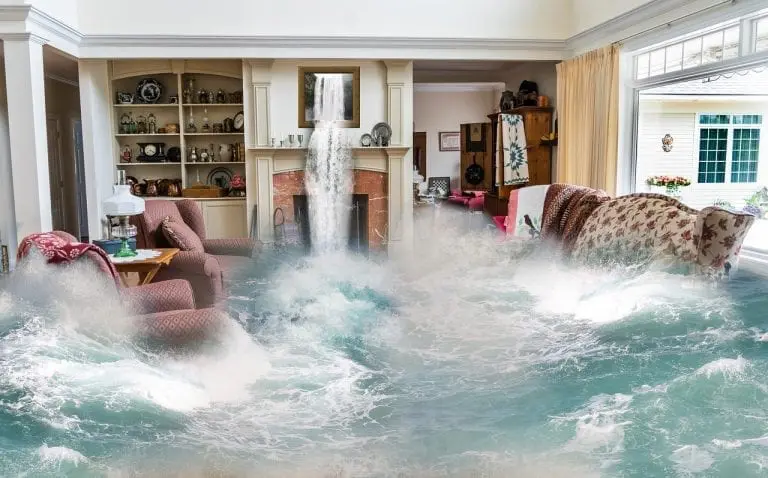Pipes, Tanks and Insulation: Simple Energy Savings Changes You Can Make at Home
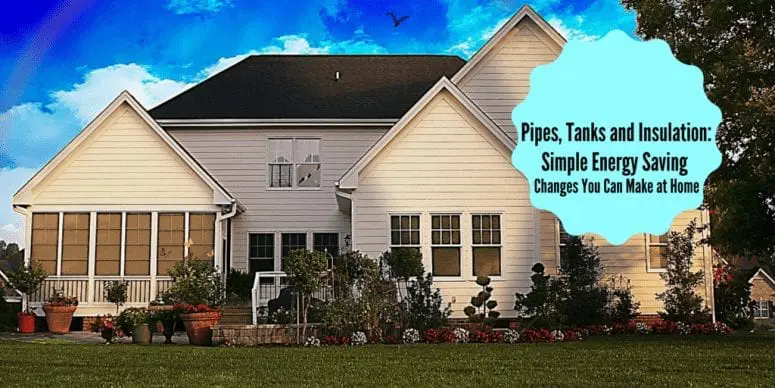
When the weather changes, so do your bills. In the summer, it’s air conditioning. In the winter, it’s heating. For most people, it feels like they’re moving out of the fire and into the frying pan. Here’s how to sidestep all of those problems and start saving money right now.
Change Out Those Light Bulbs
Getting rid of incandescent bulbs should be your number one priority if you’re trying to save energy. An upgrade might be CFL bulbs. But, a better upgrade would be an LED bulb. LED bulbs can cut your energy usage by up to 60 percent in some cases.
Switch Suppliers
Don’t like the tariff you’re paying now? Switch suppliers, if you can. It’s not as difficult as you might think. The important thing to remember when choosing a supplier is the gross rate you pay. In other words, make sure you add up all of the taxes and other charges when making a comparison.
If the “all in” costs are less than what you’re paying now, it’s probably a good deal and you should make the switch. And, don’t scoff at small savings. Even if it’s only a £0.03 per kWh savings, that adds up.
Plug The Gap
Most homes in the UK have what’s called a cavity wall made of two separate layers with a gap between them. This cavity is designed to stop rainwater from soaking through to the inside of the home. But, it also allows heat and air conditioning to escape. Plugging this gap with insulation can help save you a lot of money. And, if you waterproof the interior, then you won’t ever have to worry about water infiltration.
Upgrade Your Windows
Moving from single pane windows to double glazing is a smart upgrade. Sure, thermal windows cost money, but they can save you between 10 and 40 percent off your energy bills, depending on the quality you end up buying. Most thermal windows also have a payback period lasting only 10 years, meaning that you can recoup all of the money you spend on them within 10 years between the increased property value and the direct energy savings.
Turn It Off
A lot of times, you can save money just by turning off things that use it. We tend to waste a lot of energy doing things like keeping lights on that don’t need to be on, for example. If you’re the type of person who likes to fall asleep with the T.V. on, try reading before bed.
Another thing to consider is to turn down the heat at night. Your home may be overheated, especially when you sleep. If you can bear to turn the thermostat down a few degrees, it could save you up to £70 a year on heating charges. When you do your laundry, keep the water temps under 30 degrees to save yourself up to £10 a year. If you buy an appliance with an energy-efficiency rating between A and G, you might save up to £90 a year.
Ditch the bath. It might be relaxing, but it’s also costing you money. Take showers, and save another £75, £90 if you get a meter. Are these things radical changes? For some, yes. Is it a change in habit? Definitely. And that’s why most people fail at it. But, if you’re serious about making changes, then you’ll do it.
Similar Posts:
- How to Curb Your Kids’ Spending
- Make Your House Feel Like New Again
- 5 Ways to Cut Costs on Your Shopping Bill
- The Perks of Installing a Metal Barn
- Cutting Costs: Everything You Need To Know About Using Coupon Codes


